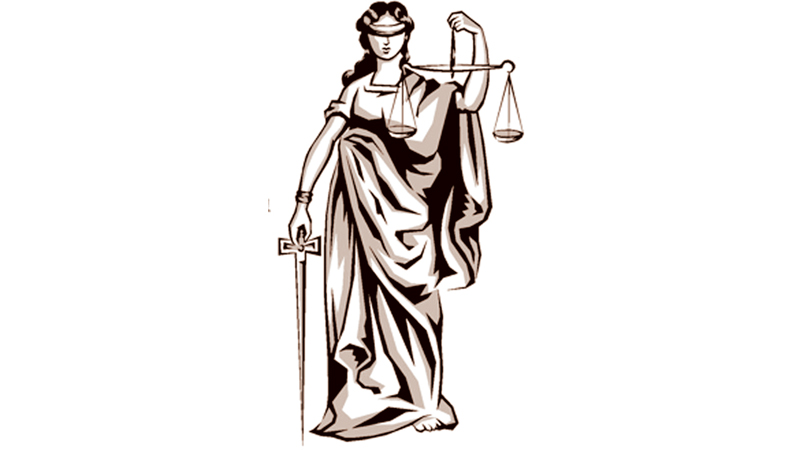 Article 15(7) of the Constitution permits restrictions by law or emergency regulations in the interests or national security, public order and the protection of public health or morality or for the purpose of securing due recognition and respect for the rights and freedoms of others or of meeting the just requirements of the general welfare of a democratic society. Article 14 (1) (a) of the Sri Lankan Constitution guarantees to every citizen ‘the freedom of speech and expression including publication.’ Apart from the above the exercise and operation of these freedoms are subject, by virtue of Article 15(2), to the following restrictions.
Article 15(7) of the Constitution permits restrictions by law or emergency regulations in the interests or national security, public order and the protection of public health or morality or for the purpose of securing due recognition and respect for the rights and freedoms of others or of meeting the just requirements of the general welfare of a democratic society. Article 14 (1) (a) of the Sri Lankan Constitution guarantees to every citizen ‘the freedom of speech and expression including publication.’ Apart from the above the exercise and operation of these freedoms are subject, by virtue of Article 15(2), to the following restrictions.
(a). Racial and religious harmony, public morality etc.
The Penal Code provides for the punishment of any person who injures or defiles a place of worship with intent to insult the religion of any class (section 290), does any act in relation to a place of worship with intent to insult to religion (section 290(A), disturbs a religious assembly (section 291), utters anything with intent to wound religious feelings (section 291(a)), or does any act with intension of outraging religious feelings by insulting a religion or religious beliefs (section 291(B)).
(b). Parliamentary privileges
According to the Parliament (Powers and Privileges) Act the following, inter alia are punishable as breaches of parliamentary privileges: willful publication of a false or perverted report of a proceeding of Parliament or Committee thereof, misrepresentation of a speech made by a Member in Parliament or a Committee, or a publication, report of a proceeding that has been prohibited by Parliament or a Committee an publication of a defamatory statement reflecting on the proceedings and the character of Parliament or concerning any member in respect of his conduct as a member.
(c) Contempt of Court – Article 15(2) permits restrictions be placed on the freedom of speech and expression in relation to contempt of Court. In the matter of a rule on De Souza, concerned a false and fabricated statement concerning a trial before the Supreme Court published in Ceylon Morning Leader. The Court held that the publication was deliberate and willful, holding the Court to odium and an undue interference with the administration of justice.
(d). Defamation
Section 479 of the Penal Code defines defamation as follows:
Whoever, by words either spoken or intended to be read, or by signs or by or visiable representations, makes or publishes any imputation concerning any person, intending to harm or knowing or having reason to believe such imputation will harm the reputation of that person, is said, except in the cases hearinafter excepted, to defame that person.
(e). Incitement to an offence
While incitement to an offence can be punished, mere advocacy or abstract teaching of the use of force cannot be prohibited. Incitement may be committed by given advice, encouragement, persuasion, threat or pressurizing.
(f) National Security and Public Order
The Penal Code, Police Ordinance, the Official Secrets Act and the Sri Lanka Press Council Law are among the statutes that permit restrictions on freedom of speech and expression in the interests of national security and / or public order. Emergency regulations in force at various times have permitted the restrictions of the freedom of speech and expression in a number of ways. These dealt, inter alia, with prevention and restriction of publications, censorship, closure of printing presses, restrictions on distribution of publications, affixation of notices.
As the above recitation of recent decisions from the Supreme Court show, there appears to be a developing trend among them to use Article 14(1) (a) – the right to speech, expression and publication – as a hub around which several interconnecting rights are spun. Freedom of expression is easily declared than enjoyed. For the vast majority of the people it is a question of resources. The right to publish is not enough; the ability to publish is essential.
(The writer is an Attorney-at-Law)



Add new comment